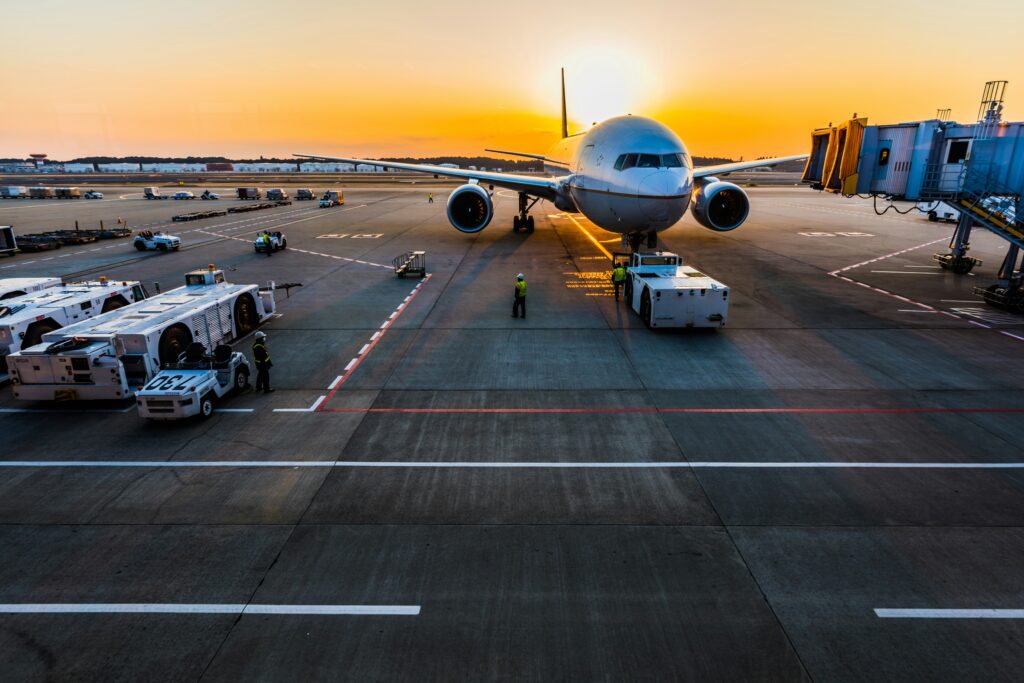Belgium closed its main airports on Tuesday night after reports of multiple drones flying over restricted airspace. Public broadcaster VRT confirmed that Brussels Zaventem Airport suspended all departures and arrivals following an initial sighting above the runway. Officials briefly reopened the airspace before shutting it again after a second drone appeared.
Liège Airport, which first received diverted flights from Brussels, also closed after a separate drone incident. A spokesperson for Skeyes, Belgium’s civil airspace authority, said the first sighting occurred around 8 p.m. local time. Authorities redirected flights to Ostend-Bruges and Charleroi Brussels South airports as a precaution.
NATO and EU Respond to Rising Airspace Threats
NATO and the European Union remain on high alert after several recent airspace violations suspected to involve Russian aircraft and drones. In late September, NATO warned Moscow it would use every measure to stop future incursions after Russian drones entered Polish airspace and fighter jets breached Estonia’s borders.
Estonia reported that three Russian MiG-31s crossed its territory for 12 minutes without authorization. The Kremlin denied the accusation, calling it misinformation. However, the incidents deepened European concerns about Russian military activity and the risk of accidental escalation near NATO’s borders.
Alliance Launches New Defence Initiative
Following the Polish airspace violation, NATO Secretary General Mark Rutte announced a new initiative called Eastern Sentry. The program aims to strengthen deterrence and demonstrate unity among NATO members, particularly in Eastern Europe.
“We see drones breaching allied airspace,” Rutte said. “Intentional or not, such actions are unacceptable. Our allies stand firmly with Poland. We will defend every inch of NATO territory and respond decisively to aggression.”
European leaders continue to coordinate intelligence and defence measures as NATO monitors the growing number of airspace intrusions, ensuring readiness against further Russian provocations.


